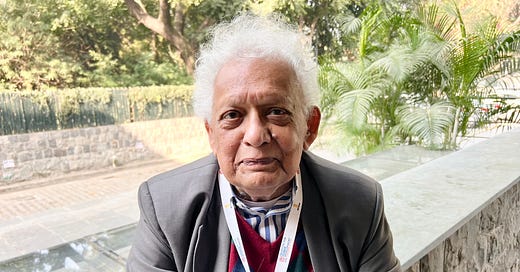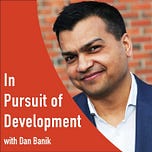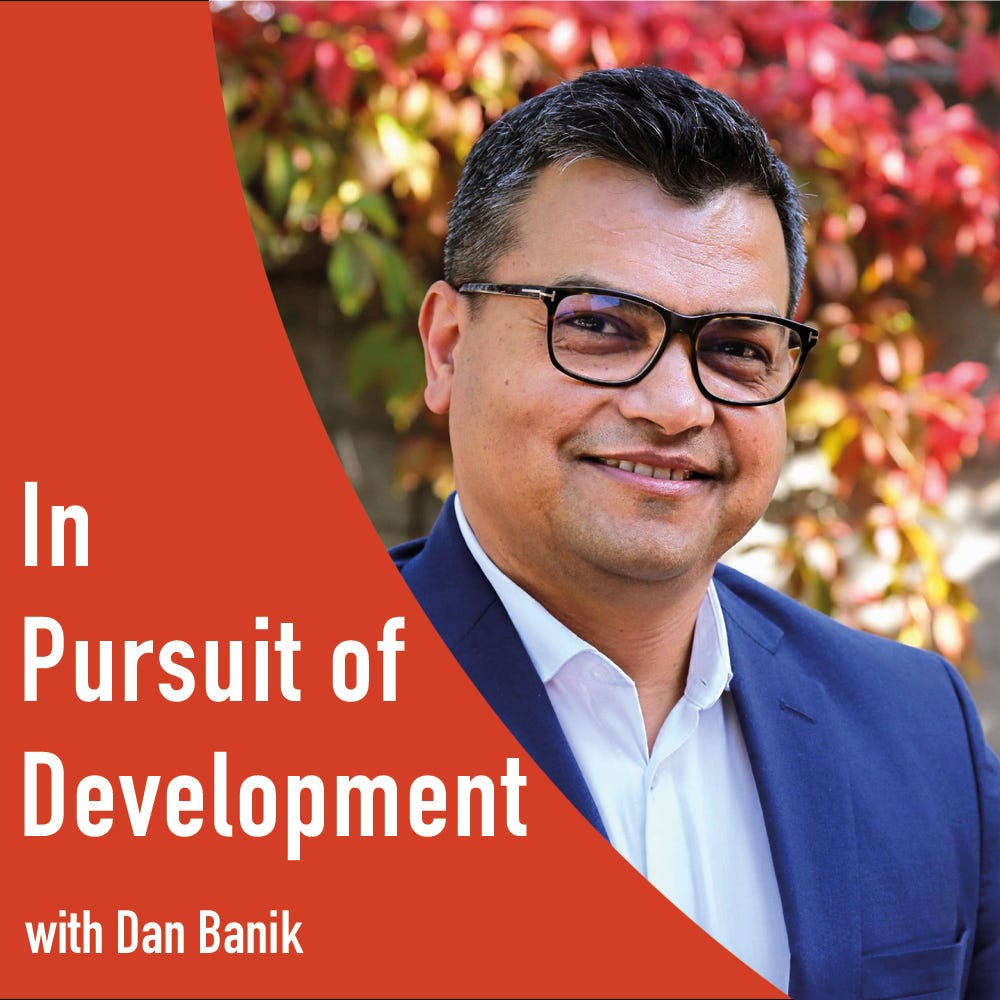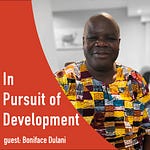In this conversation with Dan Banik, Meghnad Desai recounts the genesis of the Human Development Report and the Human Development Index, detailing his work with Amartya Sen and Mahbub ul Haq against the backdrop of global economic challenges.
EPISODE NOTES
The landscape of development theory, measurement, and policy was transformed in 1990 with the publication of the first Human Development Report by the United Nations Development Program (UNDP). This report also introduced the Human Development Index, which is a summary measure of average achievement in 3 key dimensions of human development: life expectancy at birth, literacy and income. In 1981, Amartya Sen published a paper titled "Public action and the quality of life in developing countries", discussing global advancements in quality-of-life metrics such as longevity and literacy despite rising poverty in some areas. Sen highlighted the significant variance in progress among countries, examining how public policies influenced improvements in these indicators. His research on human capabilities, stressing the need for equitable opportunities and choices for everyone, also significantly contributed to the concept of human development. The noted Pakistani economist Mahbub ul Haq shared Sen’s vision of focusing on human capabilities and well-being and moving beyond GDP in the pursuit of development.Haq also pioneered the practical application of the human development approach by introducing the Human Development Index.
Both Sen and Haq were aided in this effort by Meghnad Desai, who taught economics from 1965 to 2003 at the London School of Economics, where he now holds the post of Professor Emeritus. Professor Desai has authored numerous books, the most recent being The Poverty of Political Economy: How Economics Abandoned the Poor (2022). He is also a member of the House of Lords of the United Kingdom.
I recently had the pleasure of meeting Meghnad Desai at a conference in New Delhi, titled “Advancing Human Development in the Global South”. In this conversation, he highlights the shift in development metrics from traditional economic indicators to a more holistic approach that includes longevity, education, and income, explaining how this led to a transformative ranking system for countries and influenced international development policy. Our conversation took place outside the conference hall, on a chilly January day, amidst the hustle and bustle of traffic and fellow conference attendees. As I used my phone to record our discussion, you might find the sound quality less than ideal. However, I believe the insights shared by Meghnad Desai about the origins of the human development concept will more than compensate for any audio shortcomings.
Host
Professor Dan Banik (@danbanik @GlobalDevPod)
Subscribe:
















Share this post